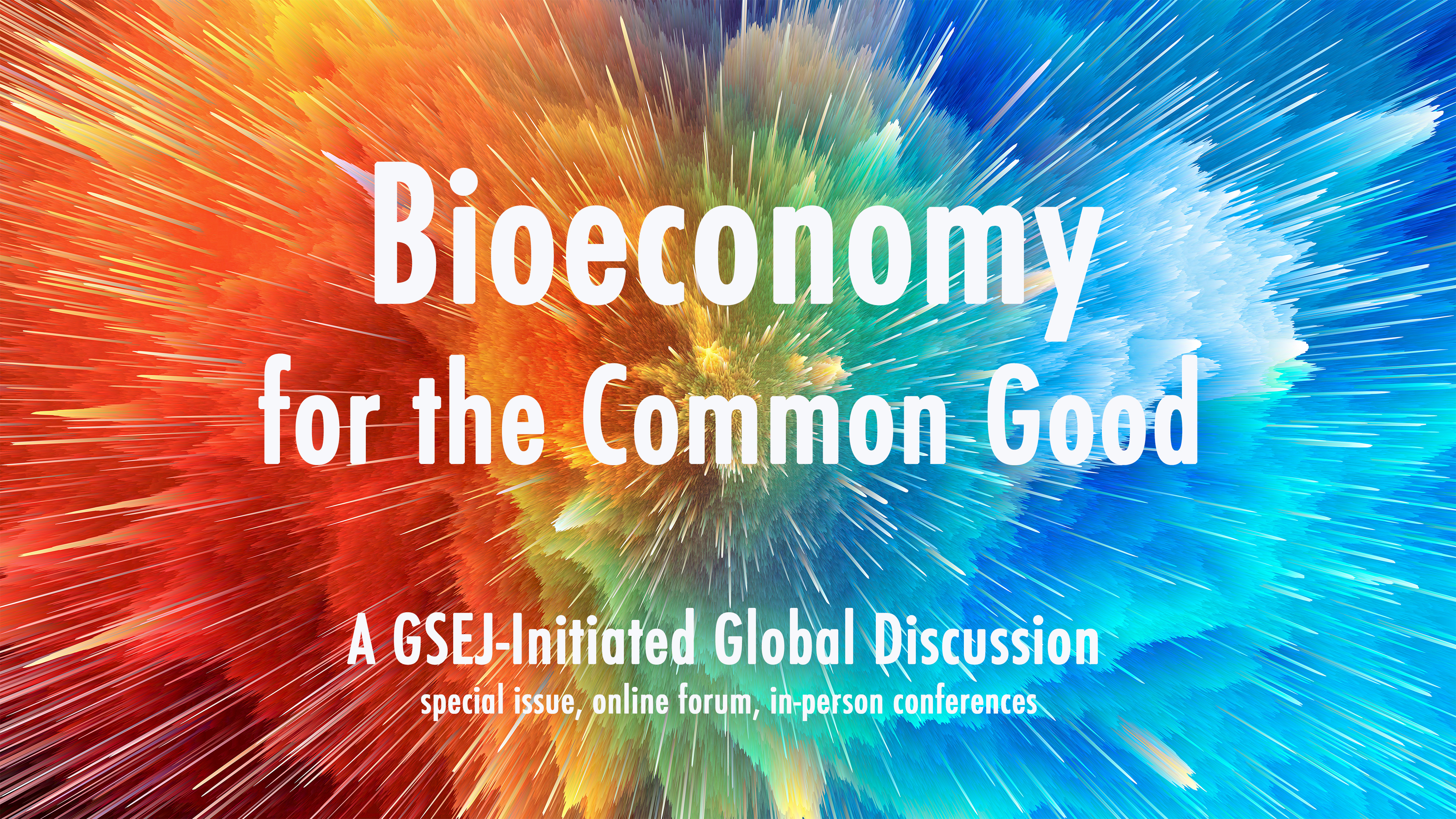Bioeconomy, or the use of biotechnology and biological resources to provide information, products, processes and services to all economic sectors, holds a key to leverage various global and local concerns. The past year witnessed significant development in bioeconomy strategies globally: The World BioEconomy Forum Declaration was launch in Brazil in late 2021. In May 2022, China launched its first ever national five-year plan on bioeconomy, with the ambition of raising the value of the sector to 22 trillion yuan ($3.3 trillion). In the UK, in addition to its Innovation Strategy and Genome UK implementation plan, it’s reported in August that the HFEA continues to ‘future proof’ its legislations. In September, the US President Biden has signed the Executive Order on Advancing Biotechnology and Biomanufacturing Innovation. The most recent analysis indicates that India’s bioeconomy is reaching $300 billion by 2030.
However, with the emerging norms of research organisation, governance, changing geopolitical dynamics, new natural and societal challenges and shifting public values, the conceptualisation and practice of bioeconomy itself is also evolving.
In this context, GSEJ is joining force with the Research and Information System for Developing Countries (RIS) (an autonomous independent policy research think tank with India’s Ministry of External Affairs) to co-edit a special issue for Asian Biotechnology & Development Review (ABDR).
The special issue brings together latest empirical and conceptual investigations on what a fair, efficient and vibrant bioeconomy (may) look like, and on how we could collectively promote it for social and planetary well-being. While the journal is based in Asia, we invite insights from different regions of the world.
Topics that the special issue hopes to cover include but not limited to: –
- Bioethics and/or environmental ethics
- Energy transitions, SDGs and other global challenges
- Epistemic justice
- Governance and international laws
- Organisation of research and bio-enterprises
- Political economy
- Participation and public engagement
- Safety, security and responsible innovation
We invite both full research articles (5,000-8,000 word) and short case studies and commentaries (1,000-1,500 words). ABDR is a peer-reviewed, open access journal. There is no submission fee or article processing charge for publications.
Deadline for submission of full paper: 9 January 2023
For queries and submissions, please email: editor.abdr@ris.org.in and cc GSEJ@kent.ac.uk
Full Call for Paper can be viewed here: CfP-Bioeconomy for the common good
In addition to this special issue, and in collaboration with partner institutions in Asia, Europe and the US, GSEJ will organise a series of online and offline events on this topic. Stay tuned.

